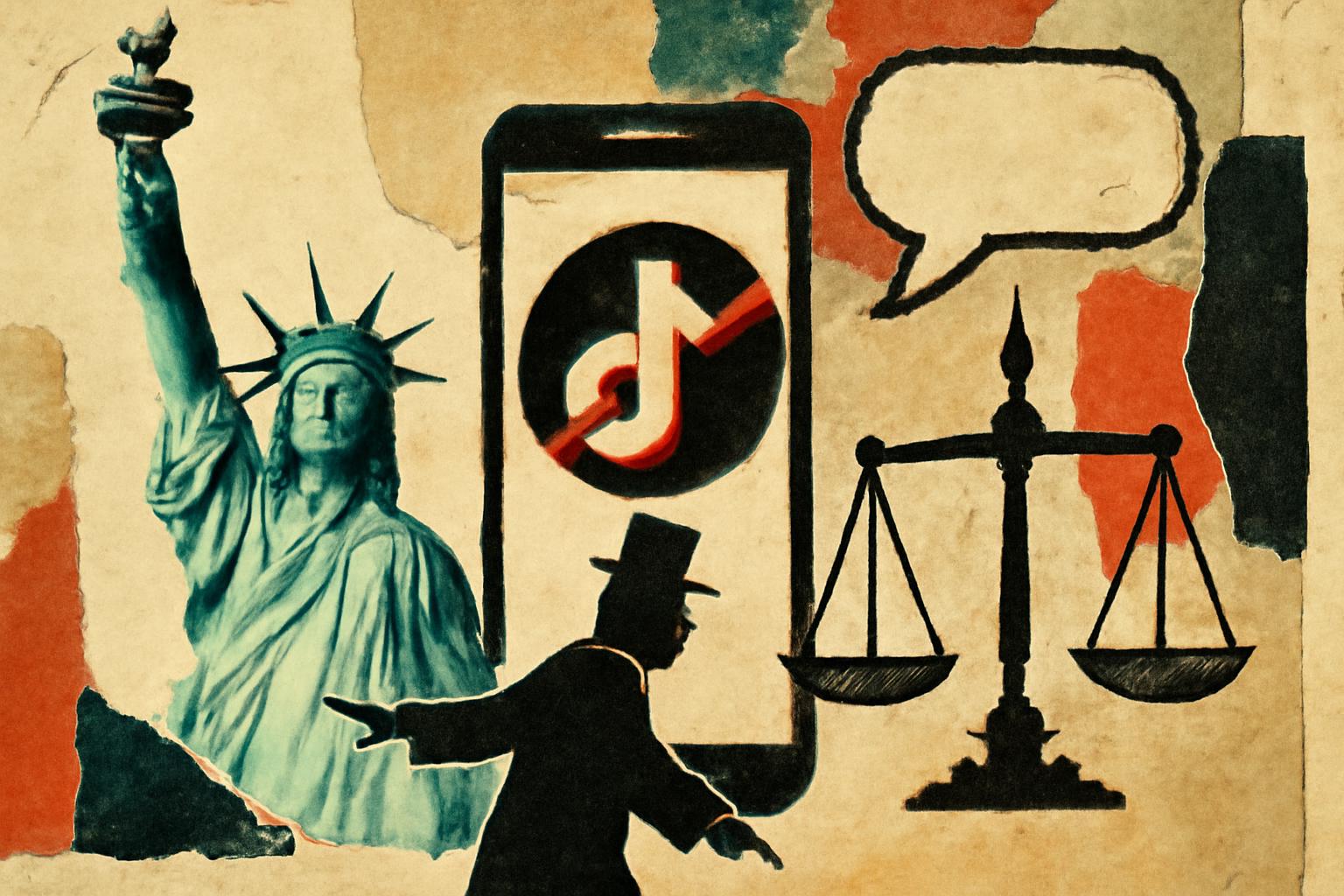The U.S. is pushing toward banning TikTok unless ByteDance sells the platform, with a looming deadline, while the White House itself hops onto the app to post upbeat clips. Meanwhile, the debate centers on fears that Chinese access to American data or manipulation of opinion could happen—claims TikTok denies. The app is especially popular with young users, which critics worry makes it a powerful political tool. And this isn’t isolated to the U.S.; Germany and other Western democracies are wrestling with similar concerns about Chinese tech influence and control.
From a libertarian vantage, this is a textbook case of state vanity masquerading as safety. Hayek would warn that those in power cannot possibly know enough to micromanage a global information network without creating perverse incentives and unpredictable side effects. The knowledge problem is real: a centralized ban based on speculative risks interrupts a complex, decentralized market process and chills the very flow of information that societies depend on to adapt and innovate. A ban would be the state picking winners and losers in the market for attention, speech, and data—an attempt to substitute bureaucratic prediction for emergent order.
Nozick would say the government’s coercive reach here crosses the line from protecting rights to violating them. If individuals own themselves and own the products of their labor and their private data to the extent enforceable by contract, then forcing a sale or shutting down a platform without individual consent is aggression. The minimal state exists to defend rights, not to regulate or preemptively regulate communications and associations under the pretext of national security. The ban—especially one tied to a private company's sale or forced sale—reads as a faction in control using security rhetoric to expand coercive power over voluntary exchange and speech.
Rand would insist that the moral core is rational self-interest and the sanctity of individual rights. People should not be coerced into giving up a private platform, or into selling their property rights, on vague securitarian grounds. Free speech and free association require a robust tolerance for disagreement and for private, voluntary arrangements in the marketplace of ideas. If there are genuine harms—privacy violations, abuse of data—those are best addressed through contracts, consent, price signals, and competitive pressure, not through government coercion that criminalizes a platform or compels a sale. The state’s embrace of censorship or platform control is a direct assault on reason, property rights, and productive cooperation.
The sensible libertarian response is to resist ban-by-edict and instead fix the rules of the road for data, privacy, and platform governance through voluntary, market-driven means. If ByteDance misuses data, enforce enforceable privacy and data-security standards via contract law and civil liability, with transparent auditing—without pulling the entire platform from the public square. If there are safer, competing models or buyers, allow them to emerge in a free market rather than erecting government barriers that predictably curb innovation and reduce liberty. If data localization or national ownership is desired, let it arise from consent and market incentives, not from a coercive decree that treats private actors as wards of the state.
And yes, the same logic applies to the state’s own use of TikTok. A government account posting feel-good clips while seeking to ban the platform abroad is a hypocritical demonstration of political power trumping principle. It exposes the core contradiction: the state cannot be the patron of one hand and the censor of the other, all under the banner of “safety.” Real safety comes from protecting property rights, upholding free speech, and allowing voluntary, competitive solutions to emerge—positions that Hayek, Nozick, and Rand would champion against the encroachment of coercive state power.
